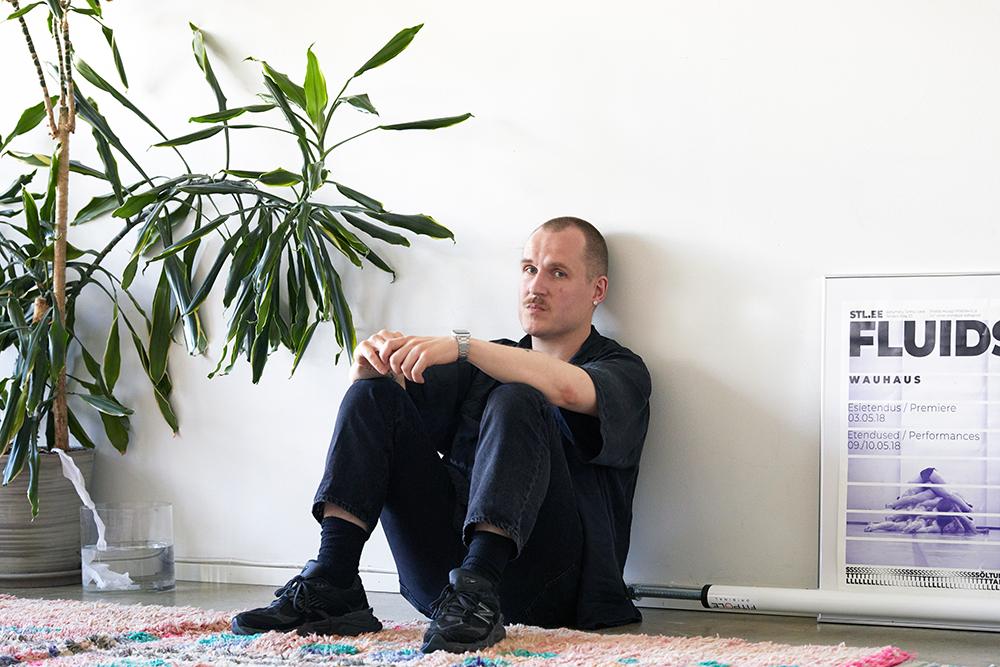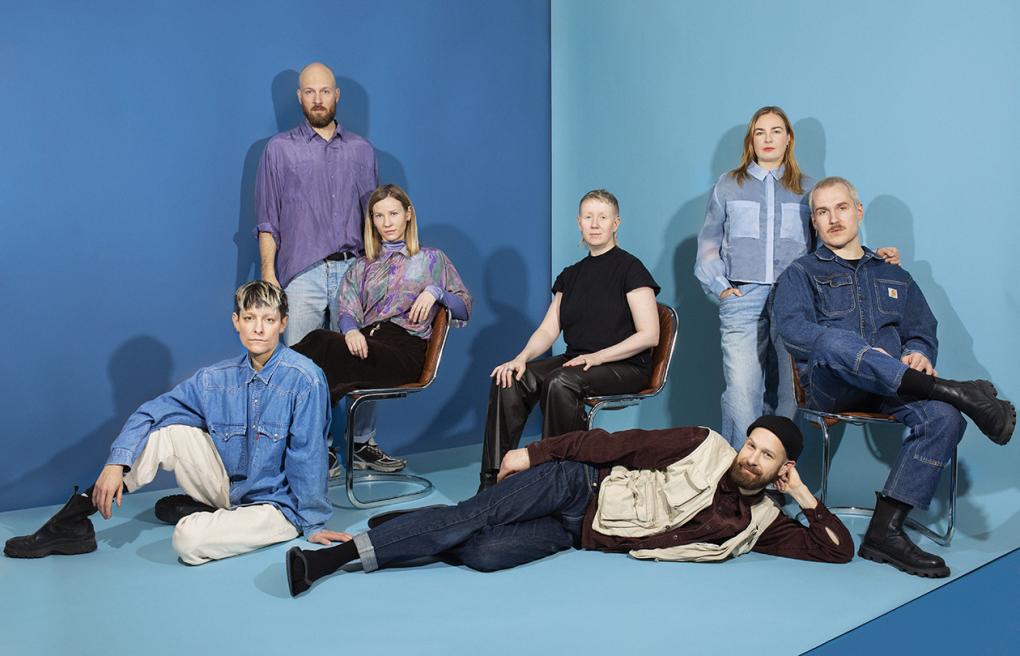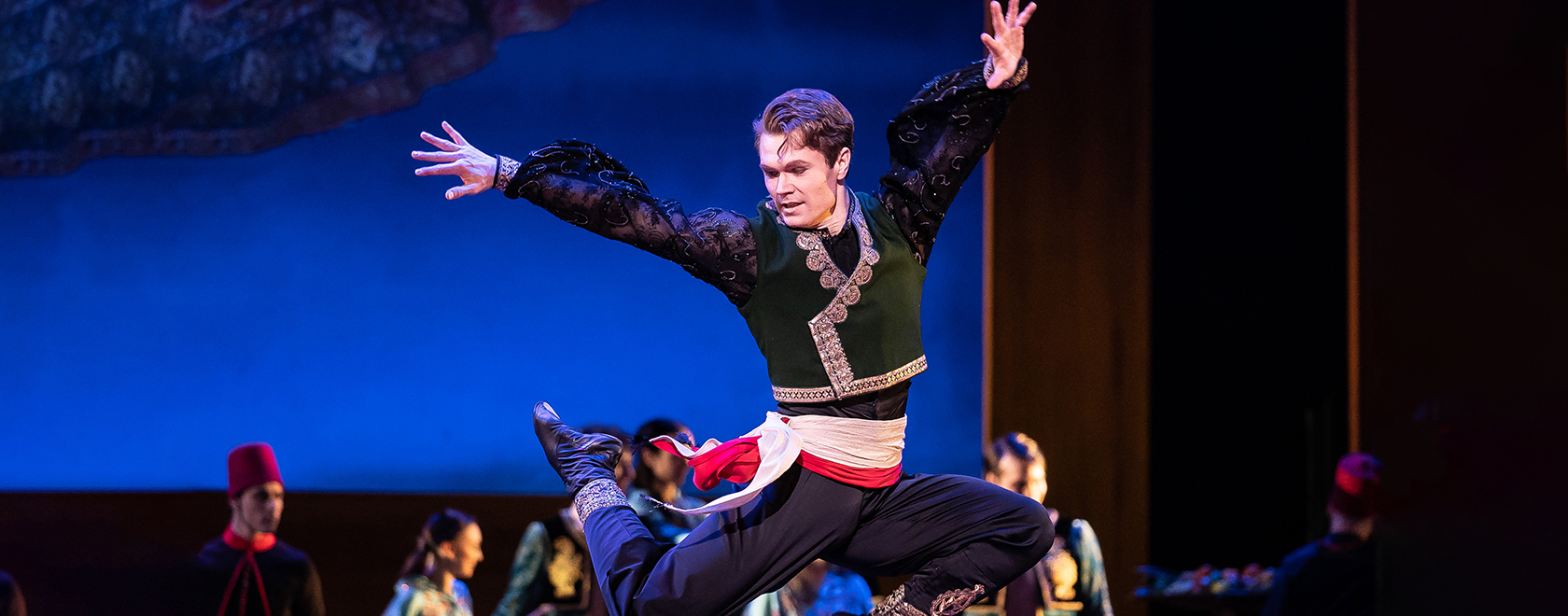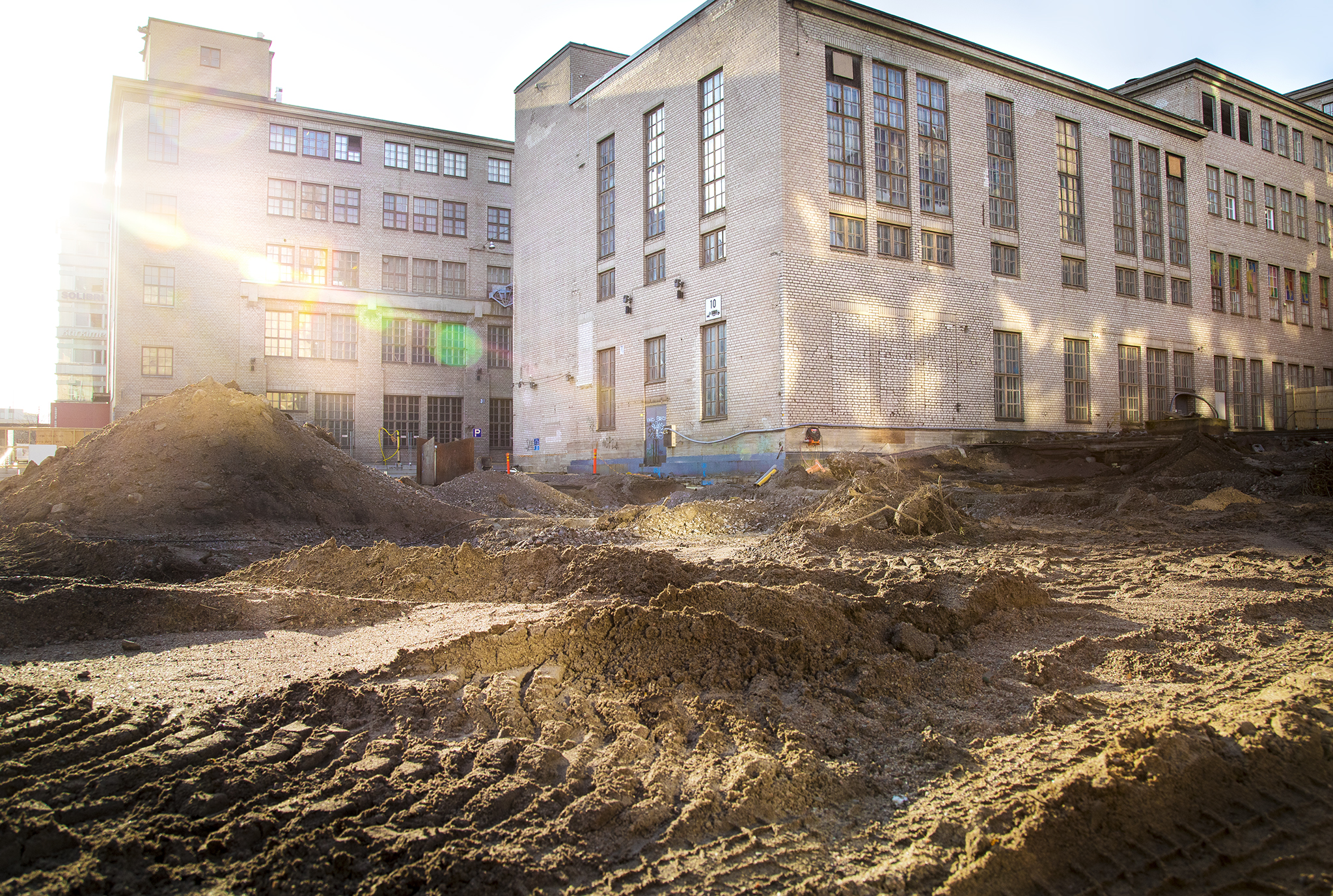For the sake of shared art
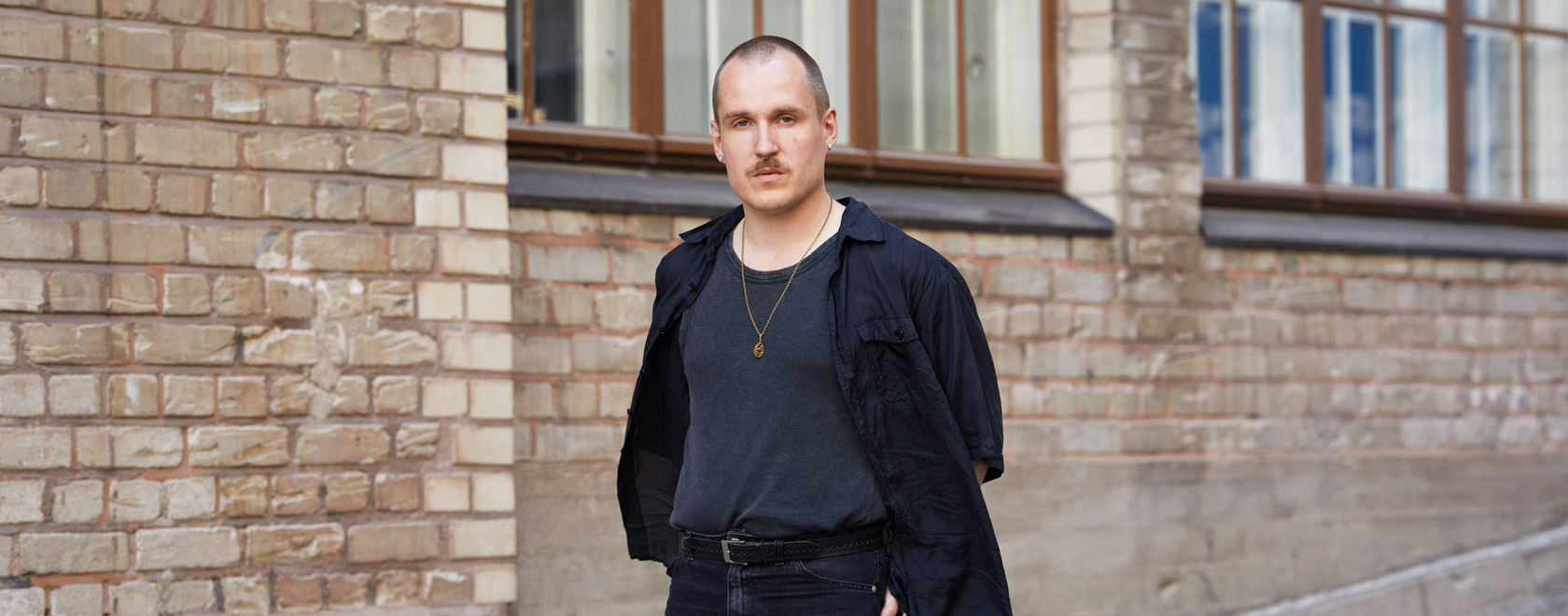
Working alone is Jarkko Partanen‘s nightmare. Having discovered the world of dance when he was a teenage, Partanen realized early on that he specifically wants to collaborate with others.
He gained his bachelor’s degree in London, and later completed his master’s studies at the University of the Arts Helsinki’s Theatre Academy. Partanen quickly understood that he preferred creating performances rather than performing in them, and so he became a choreographer.
“It was liberating to realize that I don’t have to be a dancer. On the other hand, as a choreographer, I don’t have any particular practice that I want to develop from one production to another. If I had to work alone, and plan my own future projects by myself, my career would have ended a long time ago,” he says.
Creative commitment
Eight years ago Partanen co-founded the Wauhaus collective with four other artists. The group had previously worked together in various configurations and discovered that naming the productions after the director or choreographer did not reflect their way of working.
By committing to a mutual artistic future and its development, Wauhaus aims to create institutional structures that support their long-term and multidisciplinary work within the art field. This means building fulfilling partnerships and international relationships, and continuously developing their ways of working.
Partanen admits that teamwork is not always straight forward, and sometimes things don’t go as planned. Nevertheless, the mutual journey continues.
“Art is difficult, creating performances is incredibly hard, and the work never gets easier. However, individual ideas become much better when they have been scrutinised, criticized, crafted, challenged, and deconstructed together from different perspectives. Ultimately, we arrive at something none of us could have imagined at the beginning. That is the beauty of working together,” Partanen says.
Internationality is a necessity
Wauhaus is based in Helsinki but tours globally. The Fluids performance, for example, premiered in Tallinn six years ago, and is still being performed in various countries. Partanen thinks internationality is a necessity in the field.
“Productions take many years to create. In terms of the lifecycle of the works, it feels completely unsustainable to show them only in Finland, where performance opportunities and contexts are limited,” he says.
The themes, compositions, proportions, and implementation methods of the Wauhaus productions vary. The collective has showcased their pieces on the main stage of the National Theatre, at the Helsinki Biennial, and in small Black Box theaters.
What ties the pieces together is their strong audiovisual and spatial thinking. The role and position of performers on stage have been collectively questioned, and Partanen has created choreographies not just for humans but also for robot dogs and excavators.
“Although we are a collective, people have different professional roles, educational backgrounds, and perspectives. We have learned that our strength lies in doing diverse things. When we get excited about an idea, we tend to dive deep into the theme, and suddenly I’m choreographing excavators,” he says.
Residency concretizes ideas
In August, the Wauhaus team will head to the Kanuti Gildi Saal in Tallinn for two weeks, made possible by the Cultural Foundation’s residency program. In addition to Partanen, director Juni Klein, sound designer Jussi Matikainen, scenographer Laura Haapakangas, and seven visiting designers and performers will participate in the residency.
The group is already familiar with Kanuti Gildi Saal. They stayed in the residency ten years ago and created the Dirty Dancing performance, which Partanen considers the starting point of Wauhaus. This time, they will work on their forthcoming Renaissance piece, which premieres in Helsinki this December.
The five-performer performance is co-produced by the Helsinki-based Zodiak – Centre for new Dance, and it explores the themes of re-enchantment and transformation through mythical bodies that turn fantasies into flesh.
For now, the piece is in the early stages of planning. The residency period allows for the ideas to be taken from the drawing board to the stage, and for the group to be immersed in the world of the upcoming work.
The performance can go in many directions, and no one knows for sure what the final outcome will be. That’s the richness of working together, says Partanen.
“Working with others brings a diverse perspective, which is important and enjoyable for my own artistry as well.”
